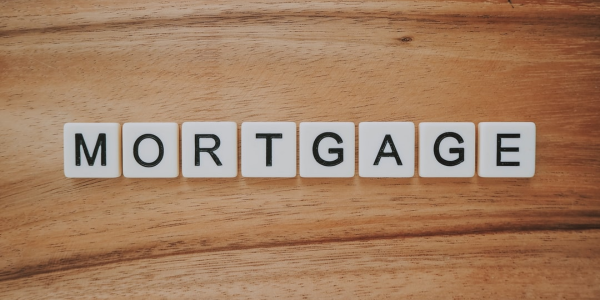Owning a home is undoubtedly part of the American Dream. But for many people living in the U.S., becoming a homeowner may seem like an impossible feat. With real estate prices continuing on an upward trajectory and many Americans finding themselves facing massive debts, low wages, and the increased costs of living, you may think that you’ll never have the chance to own a home.
That’s especially true if you’ve been told you don’t qualify for a mortgage loan or if your application has already been denied. But understanding the most common reasons for disqualification or denial can help you to determine the next steps to take. Let’s talk about why many people have difficulty obtaining conventional mortgage loans and what you might want to consider instead.
Why You Might Not Be Qualified (Or May Be Denied) For Conventional Mortgage Loans
- Your employment or source of income is questionable: Whether you recently changed jobs or your source of income is in some way unreliable, it’s possible that conventional lenders might turn you down for a mortgage loan. Most lenders want to work with borrowers who are highly likely to make their payments on time. Therefore, they might not be willing to take a risk if there’s no definitive proof you’d have the income required. This can make it difficult for those who are self-employed to qualify, which can be problematic when freelance work is becoming more common. And if your employment history is sporadic or you haven’t been with your current employer for very long, this can also cause problems when it comes to being approved for mortgage loans.
- You have poor credit history or lots of debt: Many lenders will place a great deal of value on your credit score when determining mortgage qualifications. If your FICO score is lower than 600, you may have a very difficult time obtaining approval. Lenders will also check to see whether you have foreclosures or bankruptcies in your history. Even if you’ve made great progress during the last few years to become more financially stable, these issues from your past can haunt you. Keep in mind that your debt-to-income ratio can also be behind your mortgage loan denial. After all, the average American has about $38,000 of debt to their name. Paying down this debt can be a good way to show lenders how responsible you are and may convince them to reconsider. However, it’s important to note that there are other ways to obtain a mortgage even if you have a low credit score or other substantial debts.
- The property’s value or down payment isn’t substantive: While you might not be disqualified right away from obtaining mortgage loans for these reasons, they can certainly keep your loan from bein approved. If you’re unable to make a large enough down payment on a home, this may not do much to convince lenders you’re capable of making on-time payments. You could also be denied mortgage loans if the property itself has certain issues. If, for example, the property’s actual value doesn’t align with the size of the mortgage loan being sought, you could be denied. If the home appraisal isn’t performed fairly, this could complicate your ability to obtain mortgage loan approval.
Why You Should Consider Working With a Hard Money Mortgage Lender
If you don’t qualify for conventional mortgage loans or you’ve recently been denied, don’t despair. You have options at your disposal. One of those options is a hard money loan. Sometimes known as bad credit loans, hard money loans often provide a way for people to become homeowners. Although these individuals may not always qualify for a traditional mortgage loan, hard money loans can provide necessary funding in a short period of time without the need for a strong credit history. And while hard money loans do have different specifications that borrowers need to carefully follow, this can be a viable option for those who might otherwise not have the opportunity to invest in property.
If you don’t qualify for a conventional mortgage loan, you aren’t out of options. For more information on hard money lending in Georgia, please contact us today.

